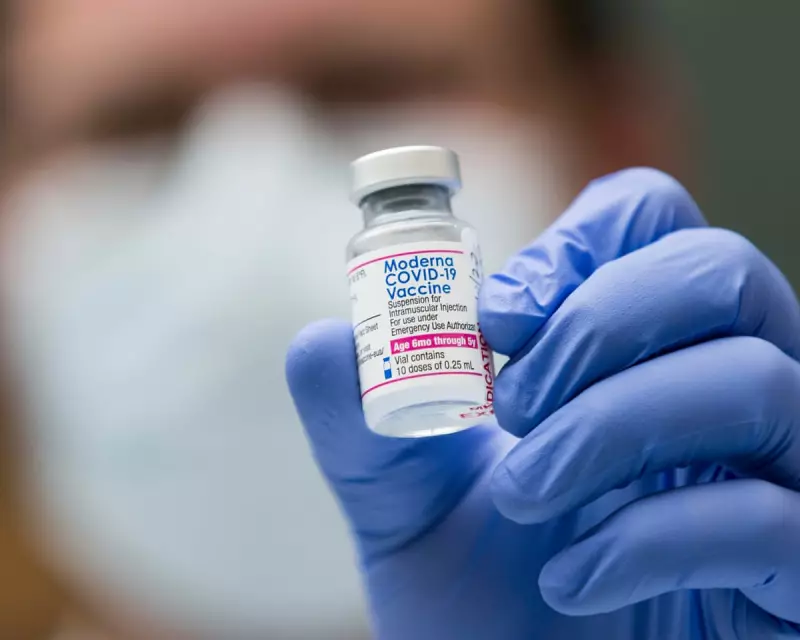
In a move that has sent shockwaves through the British medical and political establishment, US presidential candidate Robert F. Kennedy Jr has unveiled a controversial proposal for the United Kingdom. The independent contender, known for his staunch anti-vaccine stance, has pledged to establish a substantial compensation fund for those allegedly injured by Covid-19 vaccines if he gains influence over US foreign policy.
The ambitious scheme, valued at a staggering $2 billion (£1.56 billion), aims to address what Kennedy terms "vaccine injuries." This announcement significantly escalates his long-standing crusade against pharmaceutical companies and public health mandates, now directly engaging with UK policy from the international stage.
A Transatlantic Promise
Kennedy's pledge represents an unprecedented foray of a US political figure into another nation's health policy debates. The fund would specifically target British citizens, creating a parallel system to the existing UK Vaccine Damage Payment Scheme, which many critics argue is insufficient and notoriously difficult to access.
His campaign rhetoric sharply condemns pharmaceutical giants, accusing them of evading accountability and leaving victims without recourse. "The pharmaceutical companies have known about the injuries," a campaign spokesperson asserted, framing the proposal as a moral imperative for justice.
Fierce Backlash from the Medical Community
The proposal has been met with immediate and stern condemnation from leading UK health experts and bodies. Scientists and doctors have universally dismissed Kennedy's claims about vaccine dangers as baseless and dangerous misinformation.
Prominent medical figures emphasise that robust safety monitoring systems, like the UK's Yellow Card scheme, have consistently affirmed the safety profile of Covid-19 vaccines. The overwhelming scientific consensus remains that the benefits of vaccination vastly outweigh the extremely rare risks.
Experts warn that such a fund could inadvertently legitimise false claims and fuel vaccine hesitancy, potentially undermining public health efforts and future vaccination campaigns. The head of the UK's Medicines and Healthcare products Regulatory Agency (MHRA) recently reinforced that the vaccines are "safe and effective," a position supported by decades of vaccine science.
Political Reactions and Strategic Motives
The announcement has also stirred the political pot. While some anti-establishment and sceptical groups have welcomed the proposal, major political parties have largely distanced themselves from it.
Analysts suggest this move is a strategic attempt by Kennedy to galvanise his support base and attract attention on the international stage, leveraging a highly emotive and divisive issue. By focusing on the UK, he taps into existing pockets of vaccine scepticism while appealing to a global audience.
The Core of the Controversy
At the heart of this debate lies a fundamental conflict between evidence-based medicine and misinformation. Kennedy's campaign leverages anecdotal stories and fear, while the scientific community points to vast, peer-reviewed data demonstrating vaccine safety.
The existing UK Vaccine Damage Payment Scheme is a testament to the fact that while extremely rare, adverse events are acknowledged. However, the scientific and medical community stresses that creating a large, separate fund based on unverified claims is not just fiscally irresponsible but a profound threat to public health.
As the US election approaches, this bold pledge ensures that vaccine discourse will remain intensely politicised, with implications that ripple far beyond American shores and directly into the heart of UK public health policy.





